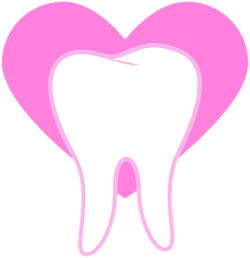 Preventive Care
Preventive Care
The most valuable procedures that the pediatric dentist performs in his or her office are those that are directed to prevention of disease. A better understanding and utilization of the true importance of prevention dental care would result in a significant decrease in dental disease. Over and above the techniques your family employs at home, parents should make a point to seek the dentist’s help on a regular basis so ensure the best results for their children.
You have probably heard of the saying: “Prevention is nine-tenths of the cure”. It is certainly true in dentistry. With properly supervised oral health care at home, routine use of topical and systemic and regular dental recall visits, children have the best chance of keeping teeth healthy and smiles beautiful.
Importance of Preventive Dental Care
- There are four main factors in the mouth that determine the amount and severity of tooth decay. Two of these you have little control with and they are saliva and bacteria. The amount and thickness of saliva determines how much rinsing action is present. Bacteria in the mouth are always present. If the bacteria are not attached to the teeth they are felt to be relatively harmless. Bacteria is plaque are highly concentrated and in tight contact with the tooth enamel. The other two factors important in the tooth decay process are plaque and food. As stated, plaque allows for a high concentration of bacteria and it is in contact with the tooth enamel. The bacteria in plaque process most foods and create acids. The acid formed can be very strong and it permeates the plaque creating an acidic environment on the tooth surface. In this highly acidic condition, minerals, such as calcium, are lost from the tooth enamel. When enough minerals are lost a cavity occurs.
- The two factors that directly correlate with tooth decay that can be controlled are food intake and plaque. Plaque can be removed with twice daily tooth brushing and daily flossing.
- Controlling tooth decay by food choices is interesting. It has been shown that a spike in acid levels in plaque after food ingestion lasts about 30 minutes. The longer high acids are in contact with tooth enamel, the more minerals will be lost. Therefore the frequency of eating is more important than the total amount of food ingested. As a general rule, we recommend no more than 3 meals and 3 snacks a day.
- Scheduling regular dental visits is important for maintaining optimal dental health. Regular recall exams help insure that problems can be diagnosed early and treated more simply with less cost.
Contact Dr. Beap today and schedule an appointment for a dental-check up.










